Montreux mixes styles, stars and spontaneity
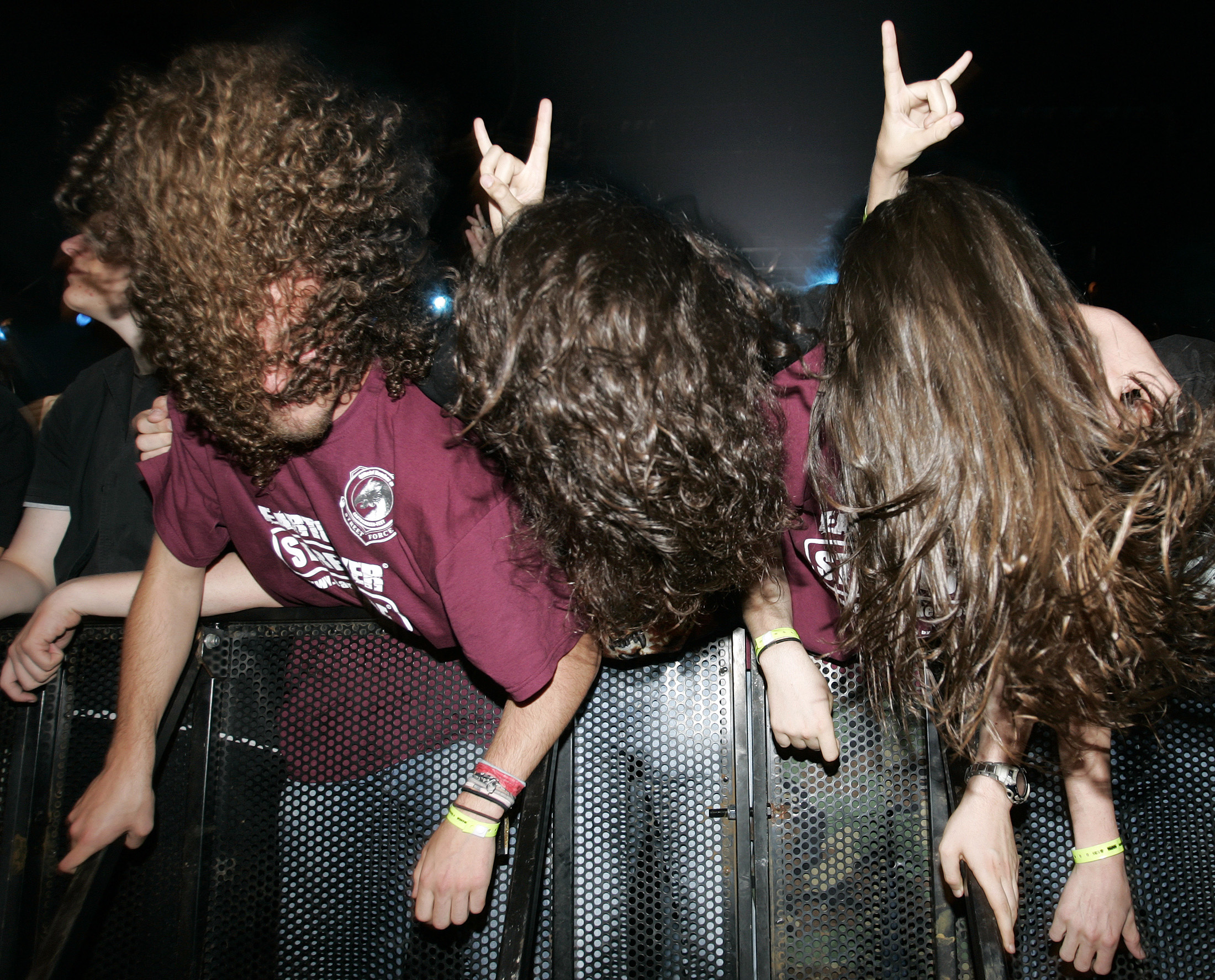
For the first time, the Montreux Jazz Festival is taking place without its founder Claude Nobs, who died earlier this year. His successor Mathieu Jaton, who knows the event inside out, will be seeking to preserve the festival’s spirit.
Jaton was just 18 when Nobs first took him on as a helper. In 1999, he was given responsibility for marketing and sponsorship. He became general secretary of the festival in 2011 and Nobs handed over the operational leadership to him several years ago.
However Nobs, who founded the festival in 1967 and turned it into a world-renowned event, remained its guiding spirit until his death in January.
Jaton, 38, is now the head of a company with 25 full-time employees, boosted during the festival by more than 1,000 more people – paid workers and volunteer helpers. The annual budget of the event is CHF25 million ($26 million).
Nobs was a demanding boss. He demanded absolute loyalty, as many of his former colleagues recall. And when people in New York, Tokyo or Berlin say Montreux, they mean the jazz festival and not the sleepy town on Lake Geneva.
Jaton is unflustered about succeeding his mentor. When asked what musical direction the festival will take, he says the task is difficult no matter who is at the helm.
“The Montreux signature that I defend means quality,” he points out. “We must create the best conditions for the artists that will lead people like David Bowie to play four hours longer than in a regular concert. The Montreux culture is the immeasurable, the improvisation, the spontaneous meetings, the jam sessions.”
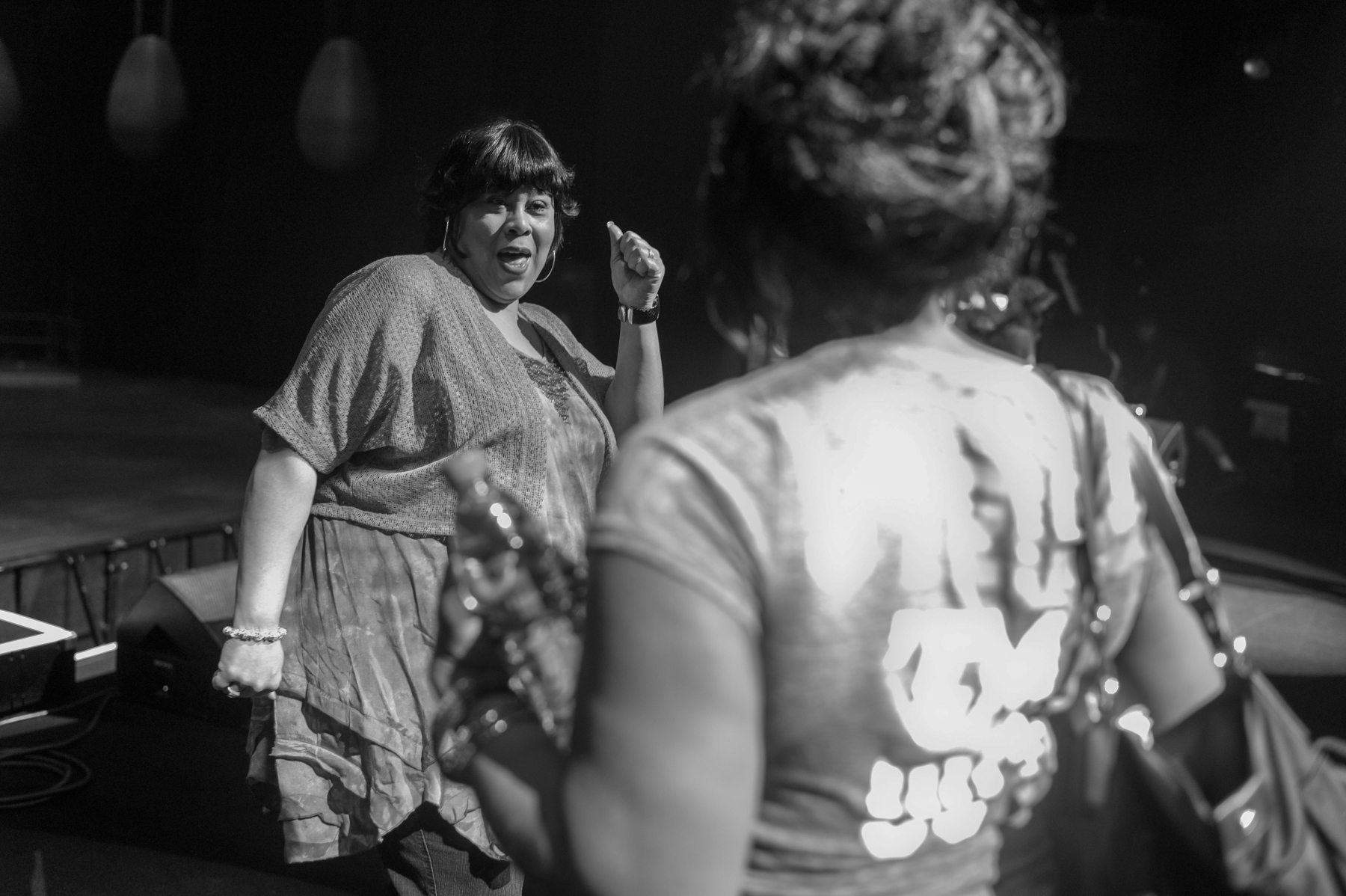
More
Behind the scenes in Montreux
48 concert evenings
Jaton is not into discussing artistic concepts. “We will see who is available and who suits Montreux. The media reads into our programme each time, seeing clear concepts and strategies. However we don’t operate like that at all.”
There’s a reason for this pragmatic approach. The festival runs for 16 days in three large venues with different types of programmes, meaning tickets for 48 different concert evenings have to be sold.
Montreux is also different from most European festivals, which are usually outdoors, shorter, and have one or two stars scheduled per day, surrounded by lesser known groups. “At open air concerts the public is buying an atmosphere; with us they buy the concert of an individual artist,” Jaton said.
At Montreux 2013, the stars take to the stage in the largest venue, the Stravinsky Auditorium. The mid-size venue becomes the Jazz Lab, featuring newcomers from electronic, pop and rock music. Some jazz and blues musicians perform in the 350-seat Jazz Club.
Until now Montreux ran two parallel series of concerts of equal standing in the auditorium and the Miles Davis Hall, along with the lab. From 2013 though, the hall is history.
With the small Jazz Club, the festival is returning to its roots, taking the pressure off to fill two big venues per day. “The club was my idea,” said Jaton. “I spoke about the change with Claude Nobs and we decided to go ahead.”
“With it we have more flexibility to present younger or less well-known musicians. They sometimes are dwarfed in the big venues and are not taken seriously enough.”
Also performing this year in the club are stars like George Benson, David Sanborn and Charles Lloyd, who together with a 22-year-old pianist called Keith Jarrett was a big attraction at the first-ever festival back in 1967.
That so many musicians keep coming back to Montreux, in some cases for decades, is “no concept”, according to Jaton.
“It is very clear. […] We can’t programme a musician who is not on tour. I can’t for example say I want Herbie Hancock or David Bowie: if they are not on tour it doesn’t work.”
The full archive of live concert footage and audio spanning the history of the Montreux Jazz Festival, “The Claude Nobs Legacy”, has been given UNESCO heritage status.
The collection has around 5,000 hours of TV and audio recordings from 4,000 concerts collected on 10,000 original tapes in a dozen different formats. It is said to be the world’s biggest collection of taped live concerts.
The recordings feature artists such as Aretha Franklin and Ella Fitzgerald and include Miles Davis’ last ever performance in 1991.
This is the only the second Swiss proposal to be granted world cultural heritage status. Writer and philosopher Jean-Jacques Rousseau’s manuscripts were included in 2011.
Prince wanted all three
Montreux has employed six programme planners for years. Nobs was responsible for special projects, coordination and general oversight, a task that Jaton has taken over.
“It is very important that we don’t put on three similar groups on the same evening in three different venues,” he points out. “That would kill off the audience.”
“The individual evenings also have to have a certain coherence, a story, like for example the concert with Bobby Womack and Wyclef Jean. There were two generations of black music on stage one after the other.”
At first Montreux was the only big summer festival in Switzerland. Now there are some 400 events competing for audiences and attractions.
Thanks to its status, Montreux has the advantage that many musicians are very keen to perform there while on tour. In February, Prince’s management called. “We suggested three possible dates. He said he wanted all three.”
The three Prince concerts have been sold out for weeks. The same applies to most other evenings at the festival. Advance sales have seldom gone as well as this year – good news for Jaton as he goes it alone for the first time.
(translated from German by Clare O’Dea)

In compliance with the JTI standards
More: SWI swissinfo.ch certified by the Journalism Trust Initiative
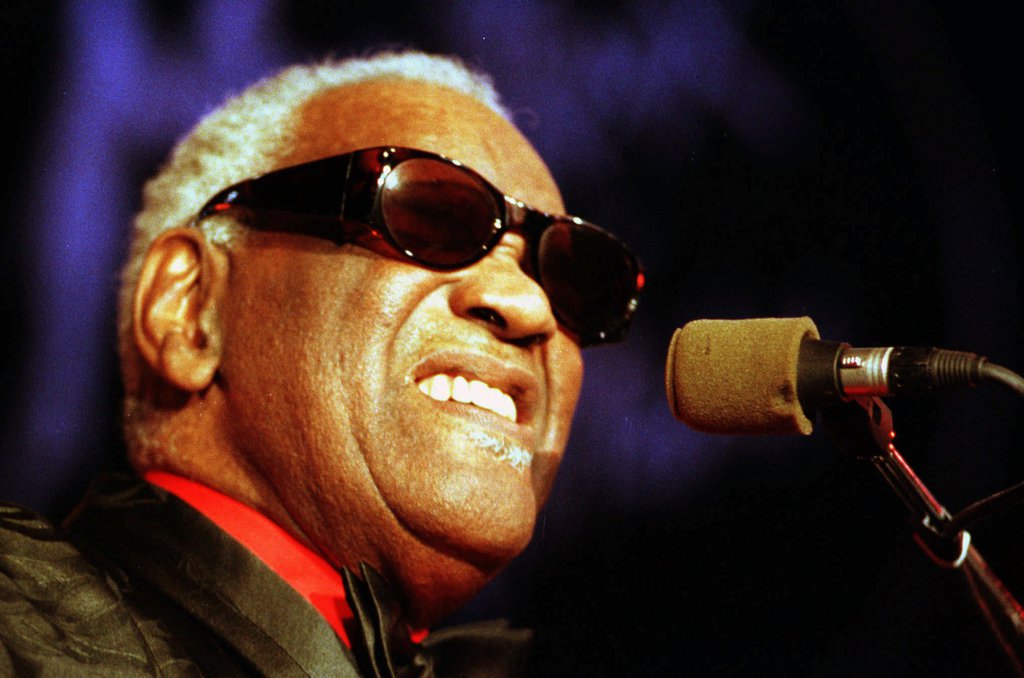
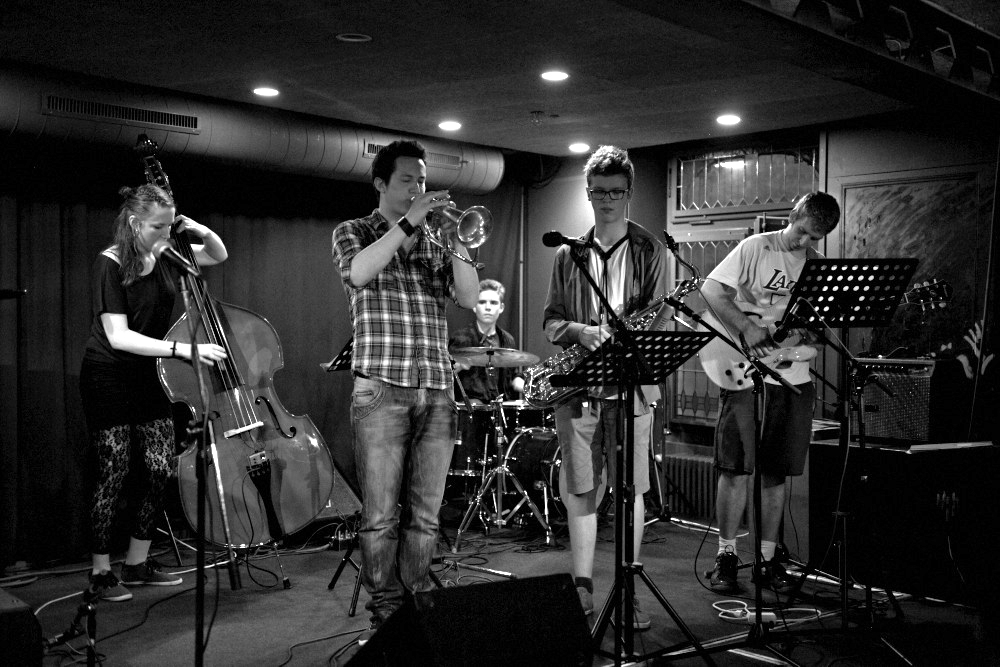
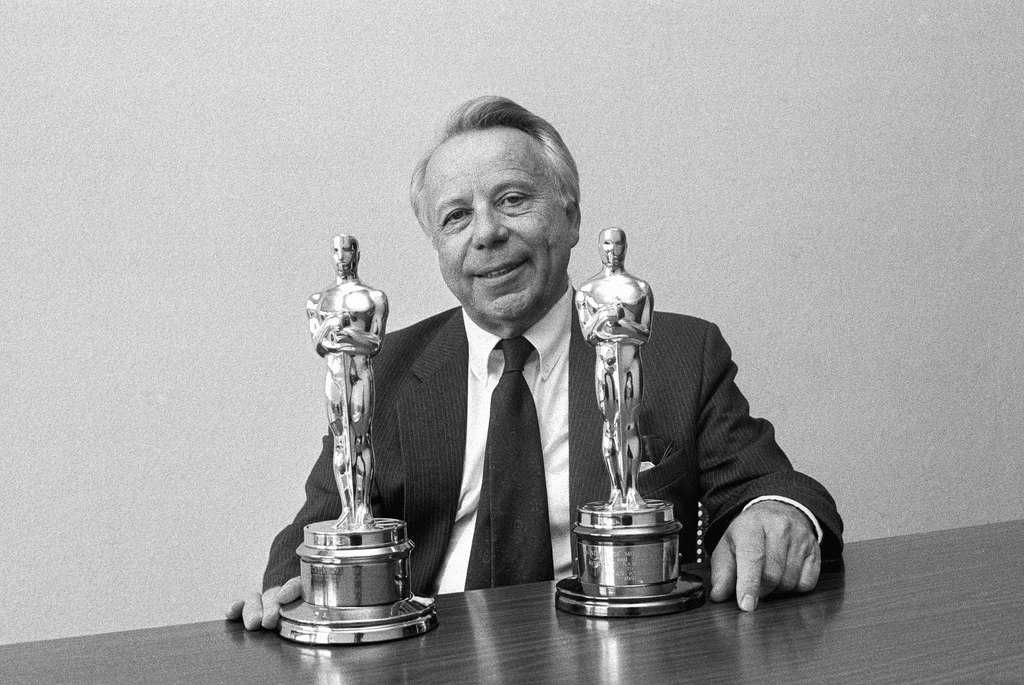
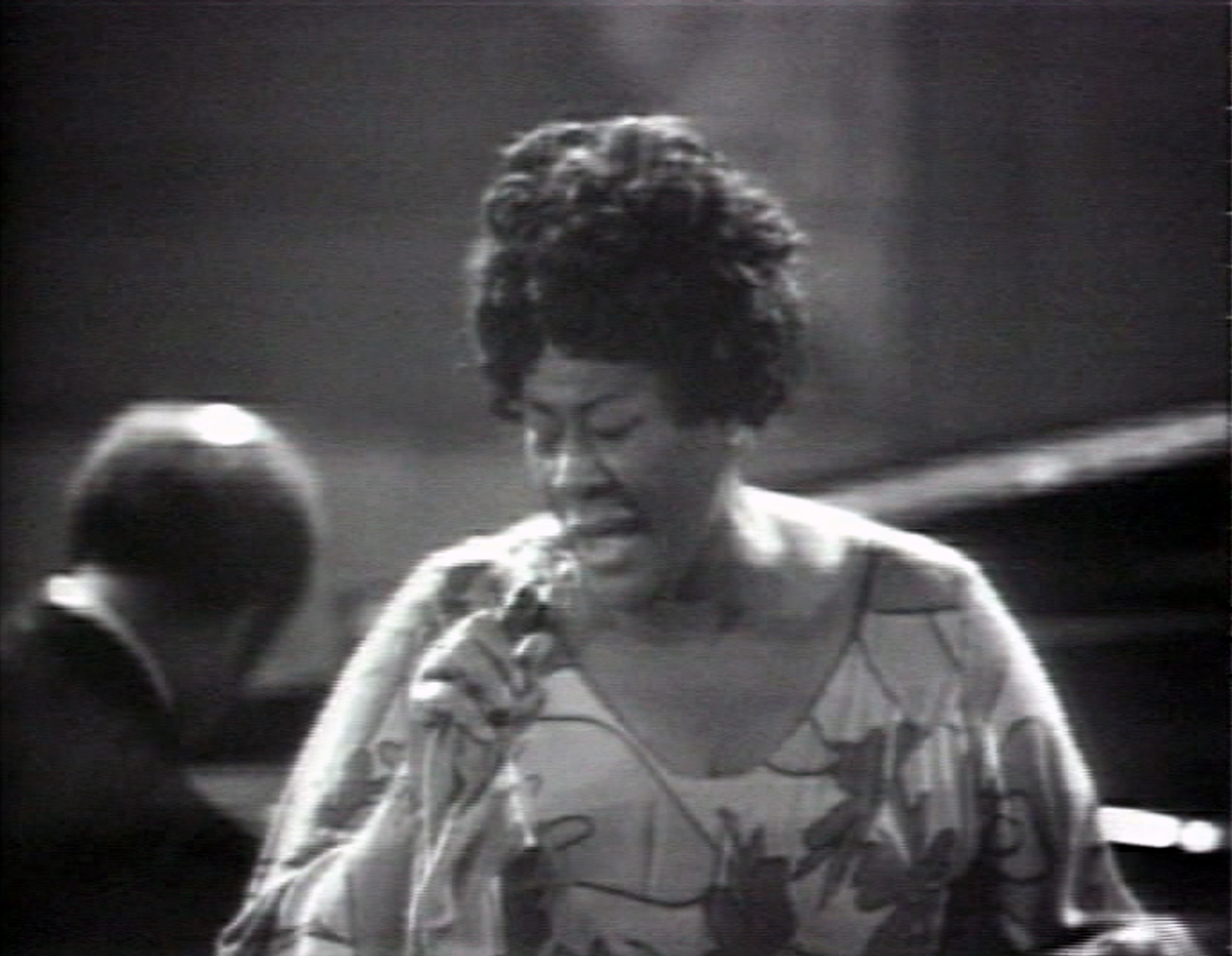
You can find an overview of ongoing debates with our journalists here. Please join us!
If you want to start a conversation about a topic raised in this article or want to report factual errors, email us at english@swissinfo.ch.